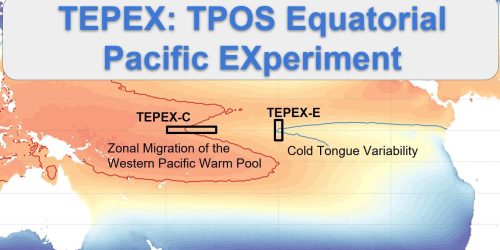On June 23, 2015, the Obama Administration announced actions to protect communities from the health impacts of climate change. Among the various actions, which you can find at the White House fact sheet, was the announcement to create a National Integrated Heat Health Information System.
Heat early-warning systems can serve as effective tools for reducing illness, death, and loss of productivity associated with heat waves. The National Oceanic and Atmospheric Administration (NOAA) and the Centers for Disease Control and Prevention (CDC) are announcing that they are building a new National Integrated Heat Health Information System, which will provide a suite of decision-support services that better serve public health needs to prepare and respond. This effort will identify and harmonize existing capabilities and define and deliver the research, observations, prediction, vulnerability assessments, and other information needed to support heat-health preparedness.
To inform the development of early-warning systems, NOAA, CDC, the World Meteorological Organization, the Deutscher Wetterdienst, and the Global Framework for Climate Services will sponsor a workshop in Chicago in July 2015, bringing together scientists from climate, weather, public health, and decision-making communities around the world to assess the state of knowledge, explore lessons learned, and share best practices in developing climate information systems for heat health early warning. To engage and communicate with Chicago, the broader Great Lakes Community, and beyond, the workshop will be accompanied by a town hall event at Chicago’s Field Museum.
This effort is heavily supported by the Climate Program Office.
White House announces creation of a National Integrated Heat Health Information System











